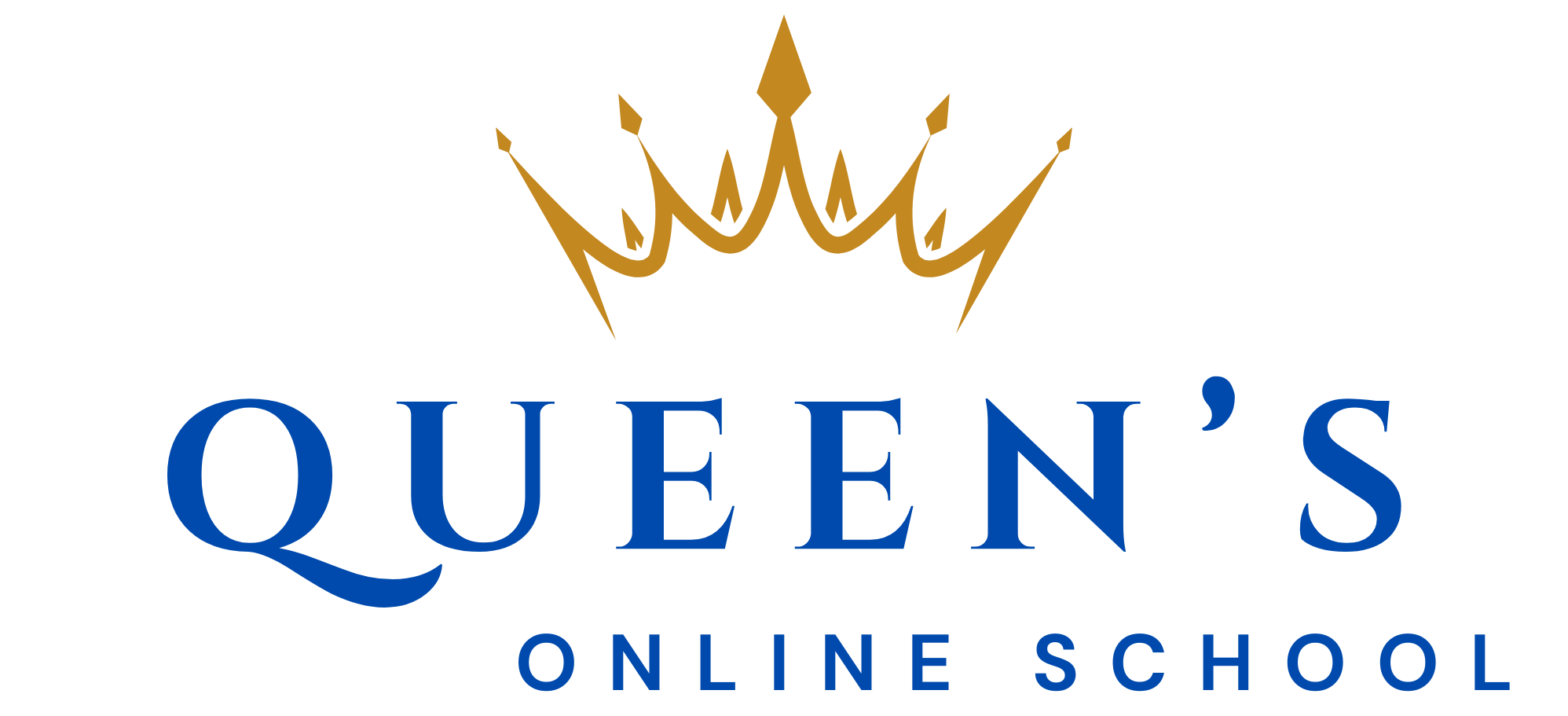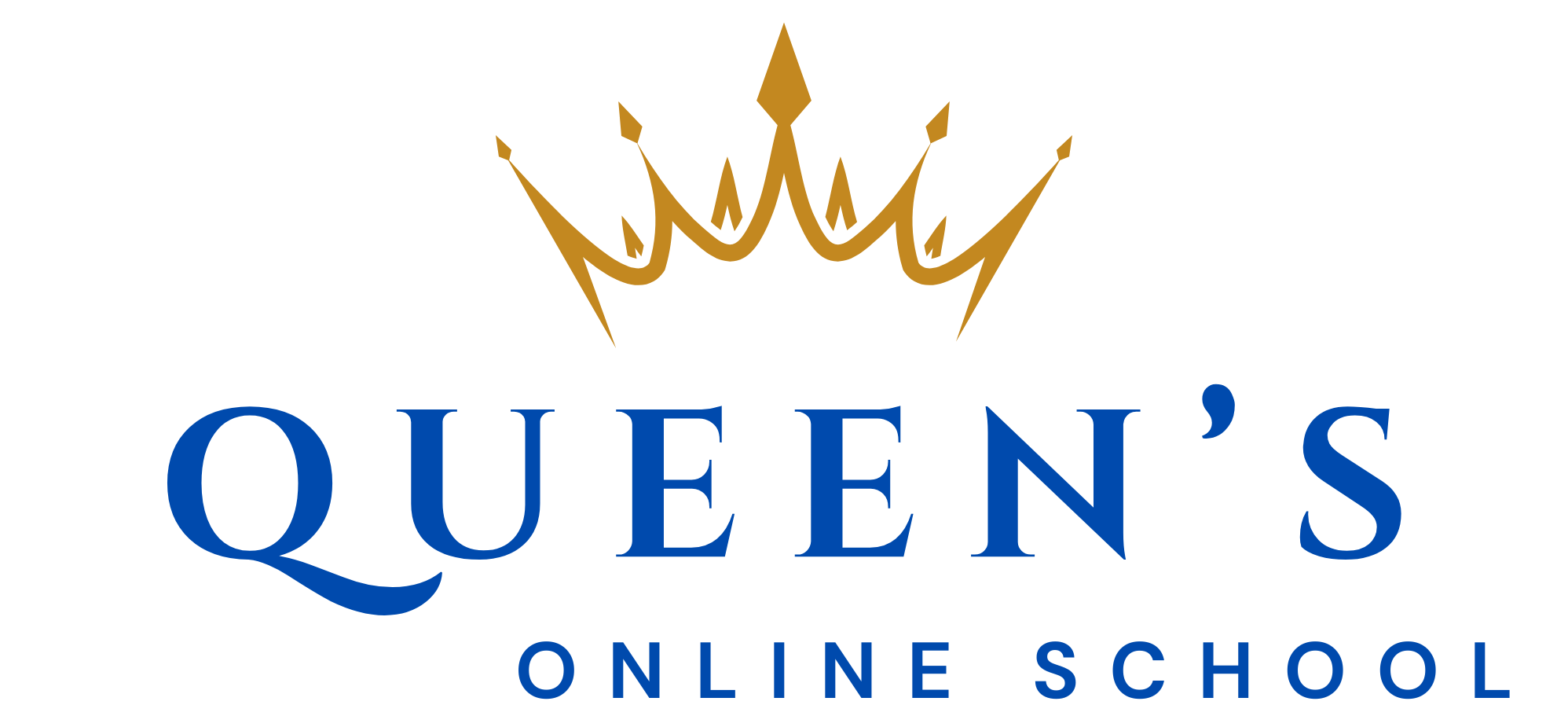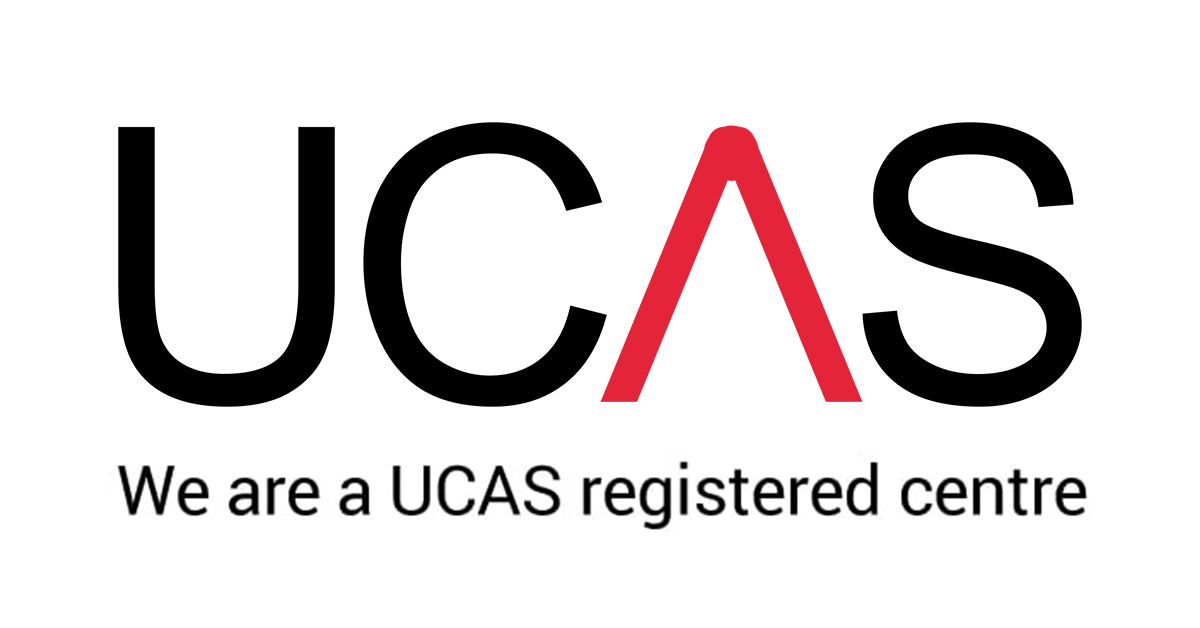International GCSE in Science (Single Award)
Pearson Edexcel – Qualification Code: 4SS0
Why Study This Course?
The Pearson Edexcel International GCSE in Science (Single Award) offers a concise yet comprehensive introduction to the fundamental concepts of Biology, Chemistry, and Physics. This qualification is equivalent to one International GCSE and provides students with a solid scientific foundation, fostering essential skills applicable across various fields.
This course is ideal for students who:
· Seek a broad understanding of core scientific principles without the extensive commitment of multiple science subjects.
· Aim to develop analytical and problem-solving skills through a scientific lens.
· Are considering further education or careers where a foundational knowledge of science is beneficial.
· Desire a globally recognised qualification that enhances academic and professional prospects.
Who is This Course For?
This course is suitable for students who:
· Have an interest in science but prefer a general overview rather than in-depth study in each discipline.
· Wish to complement other subjects with a solid grounding in scientific concepts.
· Enjoy learning through theoretical and practical approaches to understand the natural world.
· Seek a flexible qualification that supports diverse educational and career pathways.
While practical skills are developed through virtual laboratory experiments, assessment is conducted via written examinations. Students will:
- Engage in theoretical and practical investigations to reinforce scientific concepts.
- Interpret experimental data and apply findings to theoretical knowledge.
- Develop critical thinking by evaluating scientific information and methodologies.
Suggested practical investigations include:
- Biology: Observing osmosis in plant cells, investigating enzyme activity.
- Chemistry: Conducting simple chemical reactions, exploring acid-base reactions.
- Physics: Measuring speed and acceleration, exploring basic electrical circuits.
The course assesses students based on the following objectives:
| Objective | Description | Weighting |
|---|---|---|
| AO1 | Demonstrate knowledge and understanding of scientific concepts and techniques | 38–42% |
| AO2 | Apply scientific knowledge to problem-solving and experimental design | 38–42% |
| AO3 | Analyse, evaluate, and interpret scientific information and data | 18–22% |
Comprehensive Overview of Core Sciences
Students gain a broad understanding of essential principles in biology, chemistry, and physics, providing a well-rounded scientific education.
Flexible Foundation for Future Opportunities
This course offers a solid foundation for further study in various fields, supporting progression to Level 1/2 qualifications or diverse career paths.
Globally Recognised Qualification
The Pearson Edexcel International GCSE in Science (Single Award) is acknowledged by educational institutions and employers worldwide, reflecting a student’s competence in fundamental scientific concepts.
Development of Essential Skills
Students develop analytical, problem-solving, and critical thinking skills, which are valuable across numerous disciplines and careers.
Course Structure
The qualification consists of three externally assessed written papers:
Paper 1: Biology (33.3%)
Exam Duration: 1 hour and 10 minutes
Assessment Format: External examination
Key Topics Covered:
- The Nature and Variety of Living Organisms – Understanding the characteristics and classification of life forms.
- Structures and Functions in Living Organisms – Exploring cell structures, nutrition, respiration, and excretion.
- Reproduction and Inheritance – Basics of genetic inheritance and reproductive processes.
- Ecology and the Environment – Introduction to ecosystems, food chains, and human impact on the environment.
- Use of Biological Resources – Overview of biotechnology and its applications.
Paper 2: Chemistry (33.3%)
Exam Duration: 1 hour and 10 minutes
Assessment Format: External examination
Key Topics Covered:
- Principles of Chemistry – Fundamental concepts including atomic structure and the periodic table.
- Inorganic Chemistry – Study of groups in the periodic table and properties of metals and non-metals.
- Physical Chemistry – Basic principles of energetics, rates of reaction, and equilibria.
- Organic Chemistry – Introduction to hydrocarbons and basic organic reactions.
Paper 3: Physics (33.3%)
Exam Duration: 1 hour and 10 minutes
Assessment Format: External examination
Key Topics Covered:
- Forces and Motion – Basic principles of mechanics and motion.
- Electricity – Understanding electric circuits and their components.
- Waves – Introduction to wave properties and behaviours.
- Energy Resources and Energy Transfers – Overview of different energy forms and their transfers.
- Solids, Liquids, and Gases – Basic properties and behaviours of different states of matter.
- Magnetism and Electromagnetism – Fundamental concepts of magnetism.
- Radioactivity and Particles – Introduction to nuclear physics and radioactivity.
- Astrophysics – Basic concepts related to the universe and celestial bodies.






